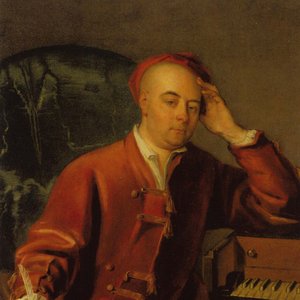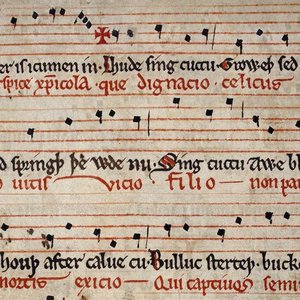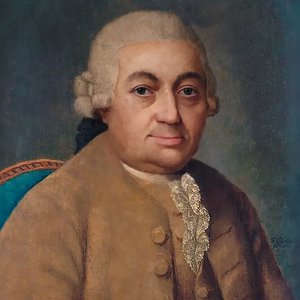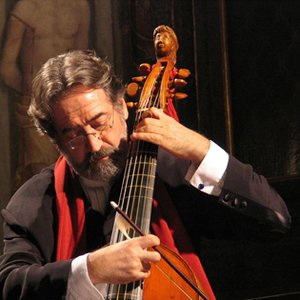Biography
-
Born
31 May 1656
-
Born In
Paris, Île-de-France, France
-
Died
15 August 1728 (aged 72)
Marin Marais (31 May 1656 – 15 August 1728) was a French composer and viol player. He studied composition with Jean-Baptiste Lully and occasionally conducted Lully’s operas. He also studied for six months with Monsieur de Sainte-Colombe, a noted bass viol player. In 1676, Marais joined the royal court of Versailles as a musician and in 1679 was appointed ordinaire de la chambre du roy pour la viole, a position he held until 1725.
He was the father of composer Roland Marais (c. 1685 – c. 1750).
Marais was regarded as a leading French composer for the viol and produced five books of "Pièces de viole" (1686–1725), mainly suites with basso continuo, which were popular at the court. He also composed a book of "Pièces en trio" (1692) and four operas between 1693 and 1709, including "Alcyone" (1706), noted for its tempest scene.
Titon du Tillet mentioned Marais in Le Parnasse françois, highlighting pieces such as "Le Labyrinthe," which may have been inspired by the labyrinth at Versailles, and "La Gamme." "Le Labyrinthe" is described as moving through various keys and dissonances to represent the experience of being in a labyrinth, concluding with a chaconne. "La Gamme" is a piece that gradually ascends and then descends an octave, passing through harmonious and melodic tones.
Little is documented about Marais’ personal life beyond adulthood. He married Catherine d'Amicourt in Paris on 21 September 1676, and they had 19 children.
Facsimiles of all five books of Marais’ "Pièces de viole" have been published by Éditions J.M. Fuzeau. A complete critical edition of his instrumental works, edited by John Hsu, is available in seven volumes from Broude Brothers.
Marais is considered one of the early composers of program music. His piece "The Bladder-Stone Operation," for viola da gamba and harpsichord, includes descriptive annotations such as "The patient is bound with silken cords" and "He screameth." The title is sometimes mistakenly rendered as "The Gall-Bladder Operation," but gall bladder surgery was not performed until the late 19th century. Surgery to remove urinary bladder stones was practised in 17th-century Paris.
Artist descriptions on Last.fm are editable by everyone. Feel free to contribute!
All user-contributed text on this page is available under the Creative Commons Attribution-ShareAlike License; additional terms may apply.











